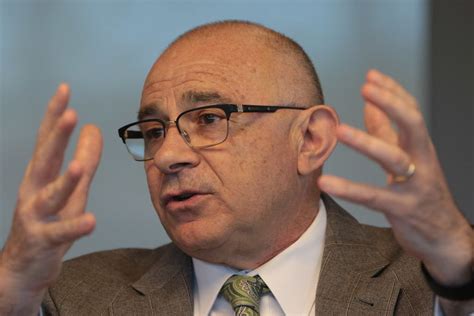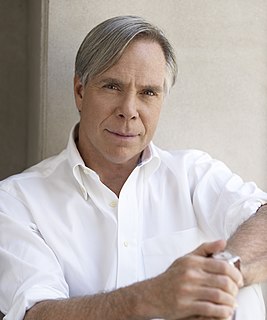A Quote by Luiz Inacio Lula da Silva
Brazil is a country that has rich people, as you have in New York City, as you have in Berlin or in London. But we also have poor people like in Bangladesh or in African suburbs.
Related Quotes
If you've been to the city of Malmo in Sweden, or to Berlin or to Hamburg or to London or to Paris in the suburbs, or Rotterdam in my own country. You see many cities where there is a city within a city - where even today in the United Kingdom - I don't know if you're aware of that - there are even sharia courts active, whether it's rulings that the worth of a woman is half of that of a man.
New York has arguably become the quintessential 1 percent city, a city that has been so given over to the rich that you now have to be rich to live here. Or not live here: New York's also a preferred destination for foreign money spent on vast, lifeless apartments in the sky that are occupied a couple of weeks a year at most.
It sounds really over the top to say you're responsible for the city of New York, but I do feel responsibility to the city of New York, to this country, to people everywhere. So many people were affected by the events of September 11, and I feel this is one of the ways that that event will be understood and defined.
When I talk about the city, I talk about a city that elevates people, which is the strength of New York. We always had the ability to do that. We had the services to do that: good schools, living-wage jobs. We're moving away from that toward a two-tiered system: a small group of very wealthy people and the rest of the city, poor and working poor.
I grew up in the D.C. suburbs, and what I like about that place is that there's not a strong regional affect in the cultural imagination like there is in Dallas or San Francisco or New York City. You have a little more freedom as a novelist this way. The suburbs become a generic idea, and the place doesn't intrude into the narrative.
I fell in love with New York. It was like every human being, like any relationship. When I was a young New Yorker, it was one city. When I was a grown man, it was another city. I worked with many dance organizations and many wonderful people. In the '90s, it became kind of a hard and unwelcoming city in many ways. It became conservative, like the whole country.
One of the reasons inequality gets so deep in this country is that everyone wants to be rich. That's the American ideal. Poor people don't like talking about poverty because even though they might live in the projects surrounded by other poor people and have, like, ten dollars in the bank they don't like to think of themselves as poor.
One of the reasons inequality gets so deep in this country is that everyone wants to be rich. That's the American ideal. Poor people don't like talking about poverty because even though they might live in the projects surrounded by other poor people and have, like, ten dollars in the bank, they don't like to think of themselves as poor.
Stockholm is unique in that it's built on islands and surrounded by water, so you get this enormous sense of freedom. It's got everything you could possibly need - everything New York or London has but without all the people and traffic. It's also become a very creative city, not only for music but also for fashion and computer games.
































